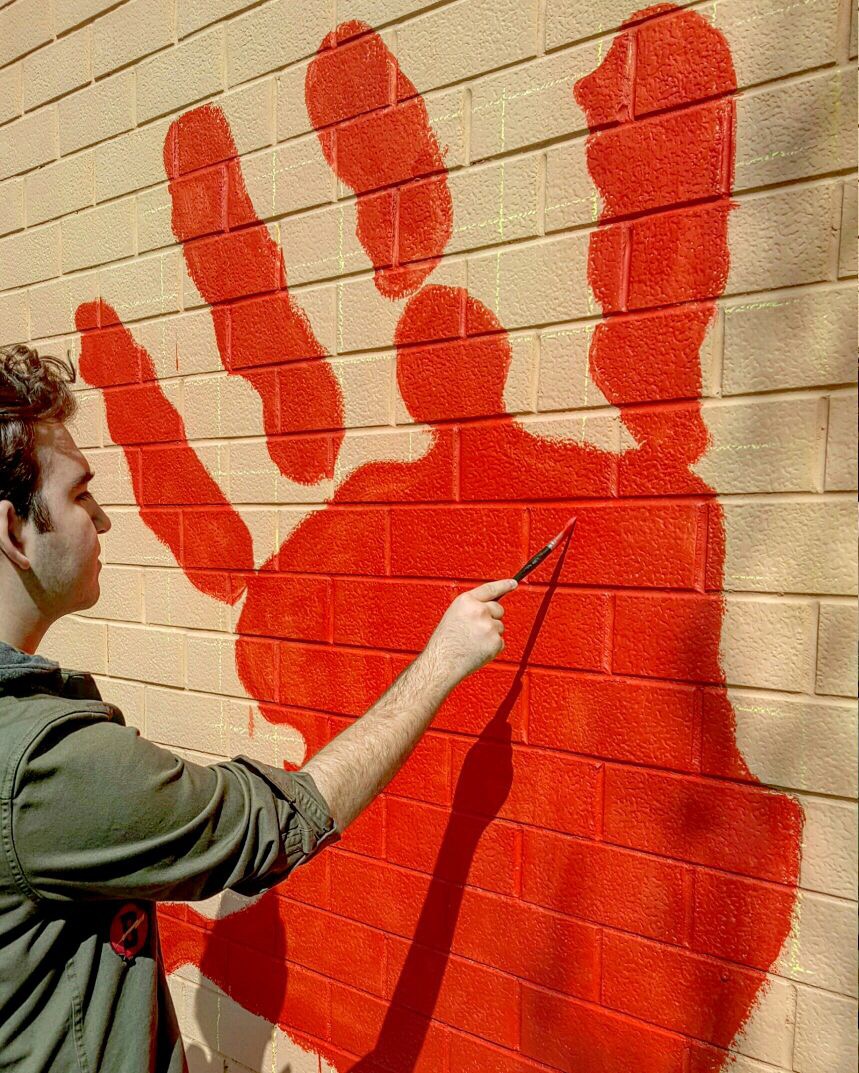“I want my students’ voices to be heard and their thoughts to be listened to”
Banu Yurtseven, with her way of teaching and thinking, is to be taken as a good reference point.
Let’s keep our ears close to the ground for her story!
My name is Banu Yurtseven. I am an English teacher at Çamlıca Theological High School for Girls. I have been teaching English as a second language since 2001. I have worked in some of the EU projects as a local expert. I am interested in social science, too.
Çamlıca Theological High School for Girls is a religious school for secondary and high school students; in Turkey, religious schools have a vocational programme. The school also offers English preparation classes, which means that 9th grade students take 20 additional 1-hour lessons in English. The goal of our school is to make our students responsible for their learning and to motivate them to reflect on how they learn best, to make them look at their own language and culture from a universal point of view by expanding their vision and knowledge of the world, to develop their critical thinking and to enable them to see problems from various points of view.
In addition, they learn about their own religion from a wide range of perspectives.
As a teacher, I want my students’ voices to be heard and their thoughts to be listened to. Since teaching on its own is not enough, we have to nurture their emotions and motivate them to become equipped with the necessary skills required today. They should gain a positive overview of different people and cultures.
To work with girls is very advantageous as they are calm, easy going, hard-working, ambitious, gregarious and considerate. They are mostly able to remain neutral before forming their opinions. They are able to find creative, ingenious solutions to problems. They are good at developing projects and use their creativity to tackle problems.
Nevertheless, teaching in a Theological High School can present the occasional difficulty. Sometimes it is difficult to engage students with political or universal subjects, because of their cultural and religious bias and preconceptions. They need to develop trust in you and talk in a rather cautious manner, as they combine typically adolescent behaviours with conservative lives. Unfortunately, their parents do not let them talk a lot. They are especially very sensitive about Islamophobia and do not want to discuss it. As girls, they want to express themselves but they are confronted with obstacles and dilemmas. This is why at every opportunity I encourage them to voice their opinions, sometimes discuss newspaper columns at break times, ask their thoughts about daily news etc., in order to encourage them to talk so that they can develop more self-confidence. With the help of EU projects, I try to encourage them and teach them to excel at public speaking, project management and ICT skills. On the other hand, I try to engage them with different activities and platforms, in order to start conversations with other young people. The EU project platforms motivate them to have their voices heard, which also strengthens their confidence.
Our lessons include debates and MUN classes (Model of United Nations), which provides them with an opportunity and the confidence to express themselves, as well as hope to be able to become brave, self-confident mothers. In my opinion, young people should learn to express themselves at an early age, for them to be able to make use of those skills during the rest of their lives.
As educators we must support them in the process, teaching is only a small part of our job.

Banu Yurtseven

